This article is part of our Qingming Festival Family Guide. Sign up for our newsletter to receive our best activity, recipe and craft ideas before every Chinese holiday.
Tomb sweeping is the most important Qingming Festival custom, a respectful family obligation that gets to the heart of Chinese filial piety. Symbolically, maintaining a clean gravesite commemorates deceased relatives and lets them know that they remain in your thoughts.
Celebrating the Qingming Festival while living in the United States provides a palpable connection with Chinese culture. On the one hand, the holiday’s rites and customs feel very traditional and out of step with daily American life. On the other, taking a purposeful moment to pause and remember ancestors from the past feels like reaching back to China through generations of family heritage.
Planning a tomb sweeping ceremony incorporates three elements: a) supplies you’ll need to tidy a gravesite; b) ceremonial offerings of joss paper and incense; and, c) food to share at the cemetery. It’s a bit like planning a picnic with family members attending in both body and spirit.
Here’s a step-by-step guide to help you plan a tomb sweeping ceremony for the Qingming Festival.
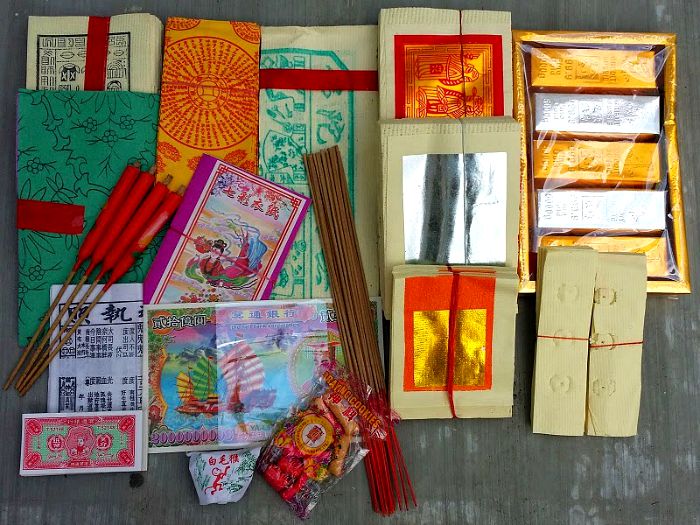
One Week Before
1. Buy your ritual offerings
While joss paper offerings for the Hungry Ghost Festival generally stick to basic provisions, fancier supplies like currency, jewelry and clothing are common for the Qingming Festival. Use our Joss Paper Buyer’s Guide to learn how to use joss paper during the Qingming Festival, along with how to shop for the most common types available.
2. Check your cemetery calendar
Long lines of cars often stretch from the entrances of cemeteries outside cities with large Chinese American communities during the Qingming Festival. Big cemeteries, such as the Mountain View Cemetery outside Oakland, CA and Skyline Memorial Park near San Mateo, CA may also have special hours or ceremonies planned. Check your cemetery community events calendar to plan your visit ahead of time.
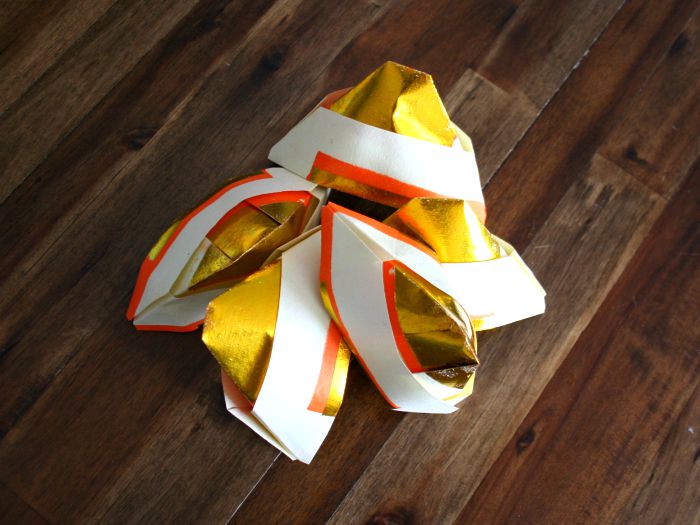
Two Days Before
3. Fold your joss paper
If you buy a pack of basic joss paper currency, it’s common practice to fold the sheets into the shape of the simple gold ingots used in ancient China. It’s a fun activity the entire family can enjoy together and you can use my tutorial about How to Fold Joss Paper Ingots to get started.
4. Prepare your family picnic
Unless you’re observing the customs of the Cold Food Festival, there aren’t many traditional foods specifically associated with the Qingming Festival. Because the holiday focuses on honoring family ancestors, the culinary focus is placed on making their favorite dishes. The result is an emphasis on homestyle family favorites like roast pork or a whole white cut chicken, meals that can be transported easily and enjoyed outside after the tomb sweeping ceremony.
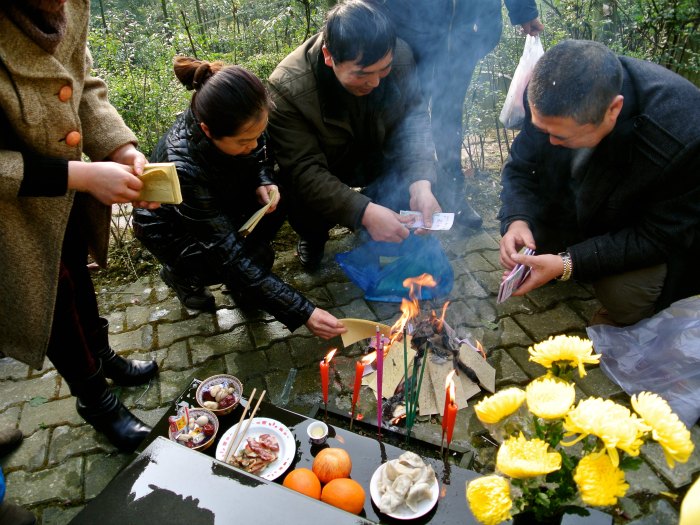
Qingming Festival Day
5. Perform your tomb sweeping ceremony
First, sweep away any weeds or debris, place flower arrangements and freshen the paint on the gravestone’s lettering. A clean gravesite lets your relatives know that they remain in your thoughts. Next, make your offerings of food, incense and joss paper to convey gifts from this world to the afterlife. The food you’ve prepared provides nourishment, while burning your joss paper provides money and material comforts in the afterlife. The tomb sweeping complete, take turns from oldest to youngest bowing three times toward the graves and offering thoughts of devotion and remembrance.
6. Spend time outdoors
Many families will conclude their visit with a family picnic outdoors to share stories and reminisce about their relatives. From there, you can spend the afternoon flying kites, planting seeds and visiting the park to tap the holiday’s spirit of rejuvenation and growth.
Tomb sweeping traditions seem at risk of being swept away themselves, in the face of economic and social progress. However, in today’s fast-paced world, it feels especially poignant to spend dedicated time connecting generations and keeping ancestors present in daily life.
Your turn! Do you have any other questions about planning a tomb sweeping ceremony? I’d love to hear from you in the comments section below!
HT: Photo by Daily Mail.
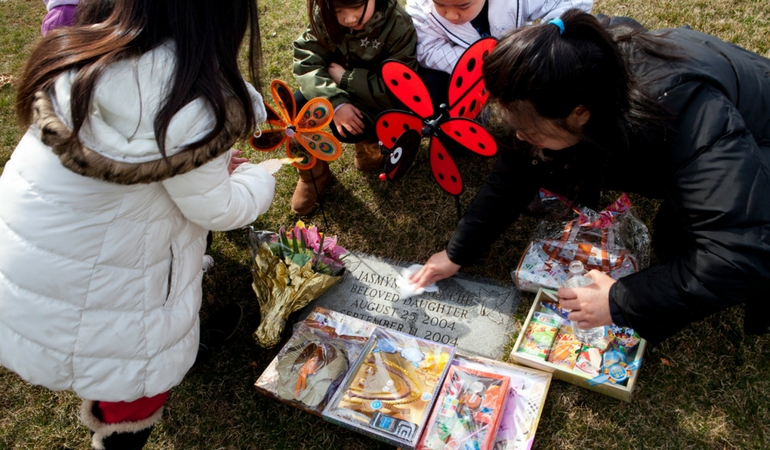

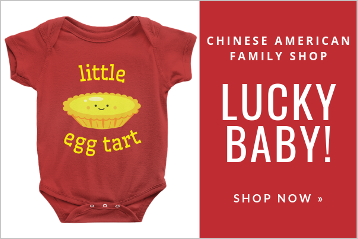

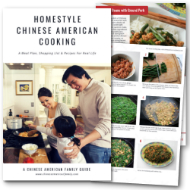
Mark Garland
I have a question about Qingming.
Near where I live in Western Kentucky there is a National Recreation Area called Land Between the Lakes. Located there are two Chinese cemeteries dating back to the mid 1800s. They were labourers for a large iron industry that was located here at that time. These cemeteries are all but forgotten back in the woods, and accessable only by a fairly long hike or kayak to a point on the nearby lake shore. There are approximately a dozen graves at each cemetery, most only marked with rocks or concrete markers placed in the 1960s by the Tennessee Valley Authority.
I recently watched a documentary about Chinese graves in New Zealand that were recently located and a how important it was for a group traveling from China to observe Qingming there. This got me to thinking… I am interested in visiting on Qingming this year to clean the cemeteries, and possibly burn joss paper and incense to remember and honor those buried there. My question is, would this be considered insensitive because I am not Chinese? Any input or direction you have would be appreciated. Thank you.
Wes Radez
This is a fascinating piece of history, Mark. Thanks for writing. In my opinion, it’s less about whether or not you are Chinese and more about whether you are honoring the tradition and cultural practice. It sounds like your heart and mind are in the right place. ~Wes